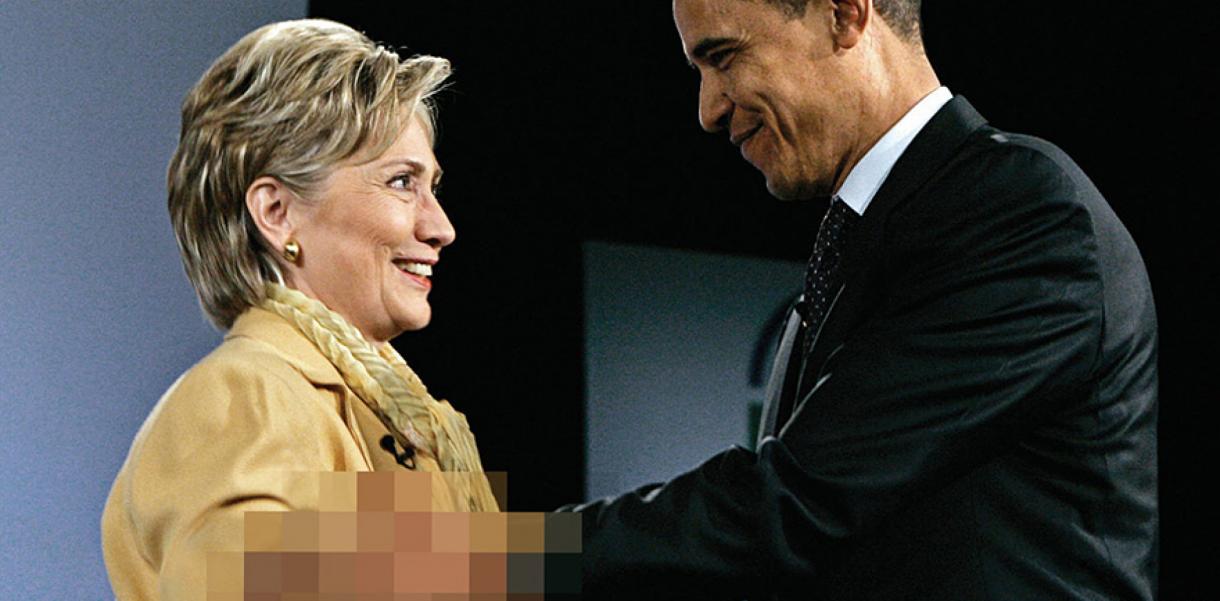Shortly after the Dutch designer Daan Roosegaard won an Index Award in 2013, for Smart Highway, he and his colleagues introduced the Smog Free Tower — said to be the world’s first smog vacuum cleaner. The tower is now placed in a park in Beijing purifying the air at a rate of 30,000 m3 per hour.
Upon its release, to me, it honestly sounded more like a provocation and a statement, although a much-needed one, than a real impact solution to a challenge that's becoming more insurmountable every day.
But, look and behold (and shame on me) just a few years later, a similar invention in the form of the CO2 vacuum cleaner has become an implementable reality. Designed by MIT engineers, this new technology can efficiently remove polluted carbon dioxide from the air, and it can be developed commercially at low costs, with many potential applications.
Before this breakthrough, existing technologies were lengthy and costly chemical processes. This technology, however, uses a unique battery that can absorb contaminated carbon dioxide while it’s charging and release pure carbon dioxide when the battery is discharged. Among several other options, this pure carbon dioxide can be stored underground or even used it to carbonate your drinks.
To me, this is a brilliant example of how technology can help us when we, as humans, are still trying to get our act together. And yes, I’m not blind to the potential risk of misuse and that it can lead to a "we don't have to do anything since tech will save us"-mentality. There’s always a risk with implementing new technology but, for me, it's not an either-or, but a both-and.
"We can’t stop the climate crisis just by lowering our CO2 emissions — we have to team up with technology."
According to the IPCC (Intergovernmental Panel on Climate Change), we can’t stop the climate crisis just by lowering our CO2 emissions — we have to team up with technology.
It’s a constant dilemma. Even at The Index Project, when we have heated debates on how we, as a global community, best address the very present climate crisis — there's no doubt for me. We all need to change our behaviour, production and consumption patterns. But faced with the fact that we all haven’t made significant changes in that area for the last 50 years, what's the likelihood of that happening at a scale that matters fast enough?
There are signs of behavioural changes; we're producing more green energy, investing less in fossil fuels etc. But the global population is still growing, and that goes for flight traffic as well. And, we're still not crazy about the idea of swapping our red meat for a plant-based or lab-grown alternative. The change isn't happening fast enough.
I don’t believe technology alone will save us, and it shouldn’t. However, as we get better and wiser, and adjust to a new reality that requires a dramatic change in behaviour, production and consumption, we need to invest in technology heavily. I firmly believe this will help us, metaphorical speaking, not bite the hand that feeds us.
So, grab your robot by the hand and let’s go!
-
Image: NOAA/NASA



